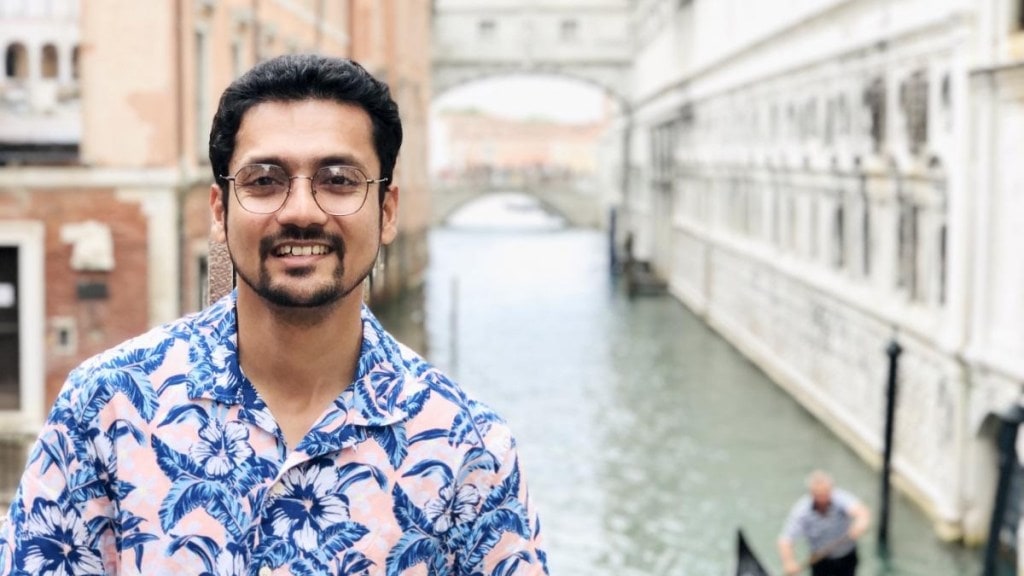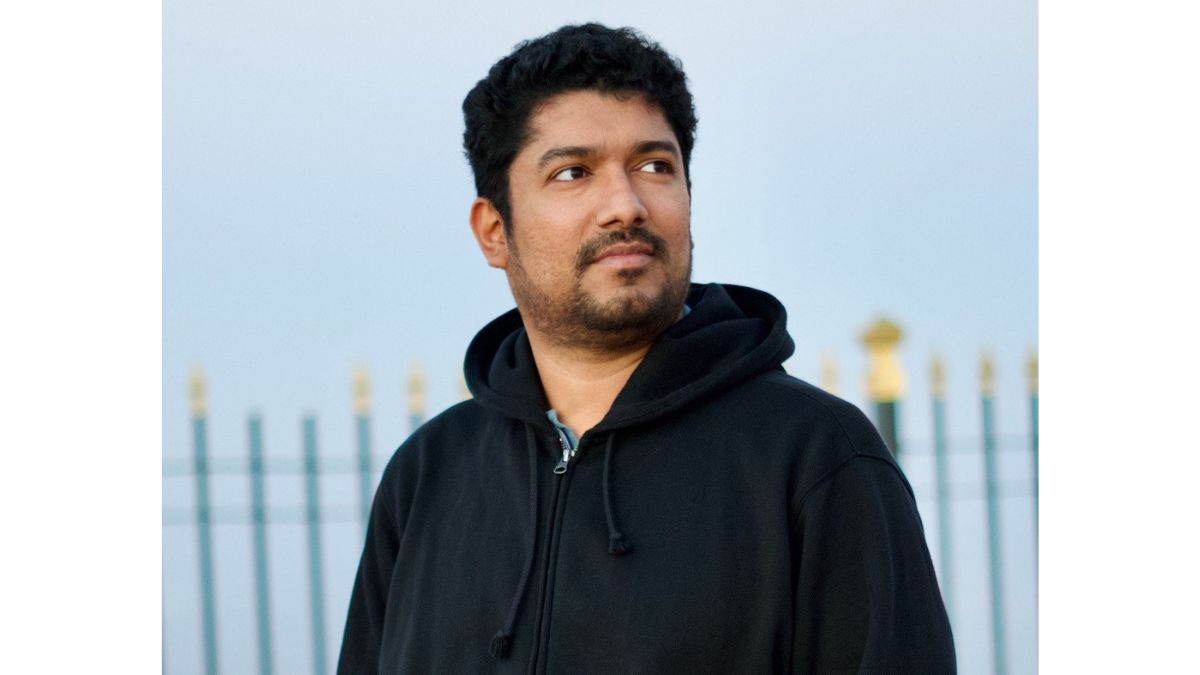After Meta CEO Mark Zuckerberg sent shockwaves across the industry for poaching top AI talent for his ‘Super’ AI team, news of OpenAI’s Indian-origin top talent, Trapit Bansal, joining the Meta AI team has sent shockwaves across the industry. Bansal, who played a key role in shaping OpenAI’s early journey with o1 AI model, is now part of Meta’s AI Superintelligence team and is set to lead the Facebook owner in the AI race.
Bansal’s departure from OpenAI is particularly significant, especially at a time when CEO Sam Altman has great plans for the future of the firm. Having joined the company in 2022, he was instrumental in the development of o1, OpenAI’s foundational AI reasoning model, working closely with co-founder Ilya Sutskever. His transition comes at a critical juncture, as competitors are pushing the boundaries of AI, with OpenAI’s own o3 and DeepSeek’s R1 achieving new performance benchmarks in reasoning models.
What is the Meta AI superintelligence team?
Meta’s new AI superintelligence unit is not just aiming to compete; it’s building a team designed to potentially outmaneuver the current leaders. The roster already boasts impressive names, including Alexandr Wang, former CEO of Scale AI; Jack Rae, a former researcher from Google DeepMind; and Johan Schalkwyk, a veteran in machine learning. Reports are also circulating that several other former OpenAI researchers have recently found a new home at Meta.
The aggressive talent acquisition strategy is reportedly being driven by Meta CEO Mark Zuckerberg himself. Sources indicate that Zuckerberg is offering unprecedented compensation packages, with some deals reportedly hitting the $100 million mark, to entice top-tier AI researchers. Beyond individual hires, Meta has also explored acquiring entire AI research startups to bolster its capabilities.
However, OpenAI CEO Sam Altman has publicly stated that none of his “best people” have accepted Meta’s enticing offers.
Bansal’s move to Meta isn’t merely a personnel change; it’s a strategic shift in the global AI power dynamics. As companies vie to develop the next generation of AI, the ability to attract and retain the industry’s leading minds will undoubtedly be the defining factor in who ultimately shapes the future of artificial intelligence. The stakes are incredibly high, and it’s clear the AI talent war is entering a more aggressive phase.








